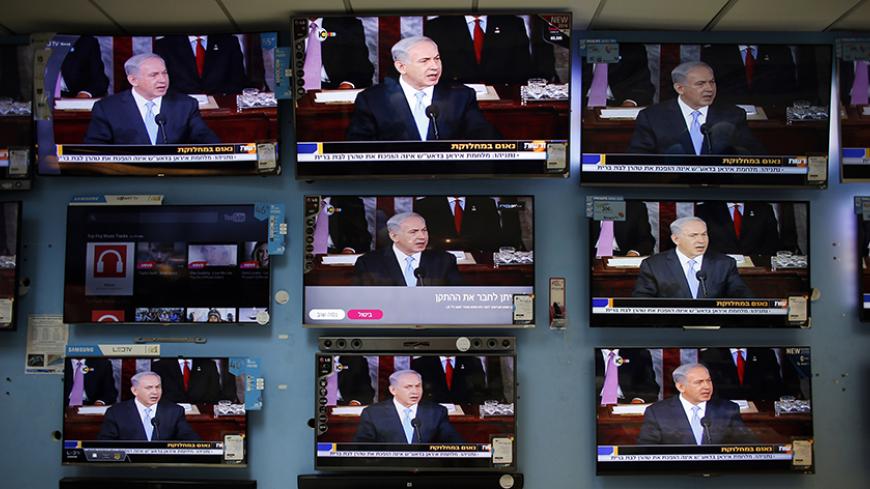There are two major reasons why Israeli Prime Minister Benjamin Netanyahu should pull back from his hard-line opposition to the Iranian nuclear deal. First, Iran is on a path toward international rehabilitation, whereby the United States and its European allies will increasingly be working with Tehran on regional security in the Middle East. Second, geosectarianism is reshaping the regional strategic environment to where the bulk of the threat to Israeli security will be from Sunni as opposed to Shiite actors.
Ever since the signing of the July 14 Joint Comprehensive Plan of Action, a large number of serious voices from within Israel’s security establishment have come out criticizing the Netanyahu administration’s opposition to the deal. Many of these critics hold the view that the threat is not from a nuclear Iran, but rather an Iran that is on the path toward international rehabilitation. Intuitively, an Iranian regime unencumbered by sanctions indeed has far more room to pursue its anti-Israel policies. However, it is important to take stock of the constraints upon the Islamic Republic in light of the nuclear deal.



